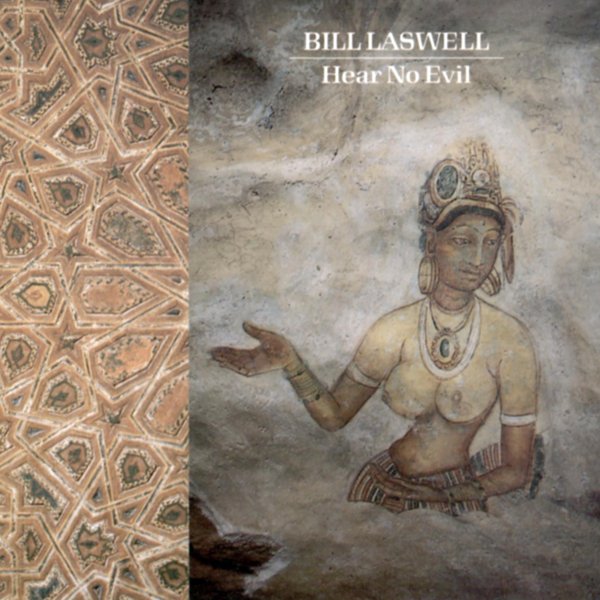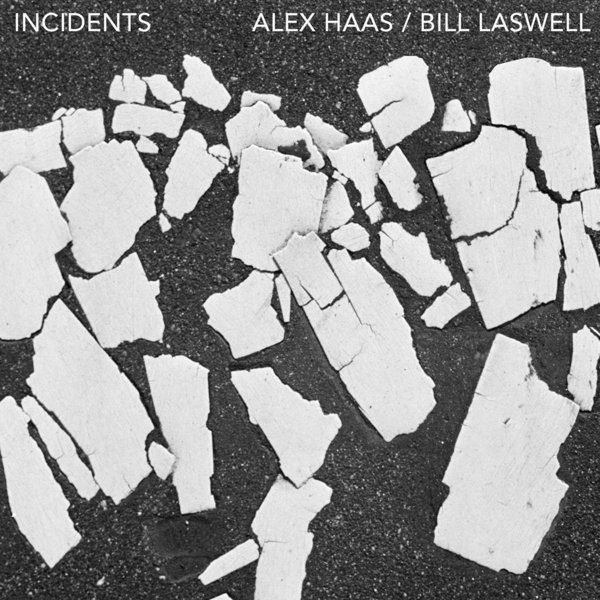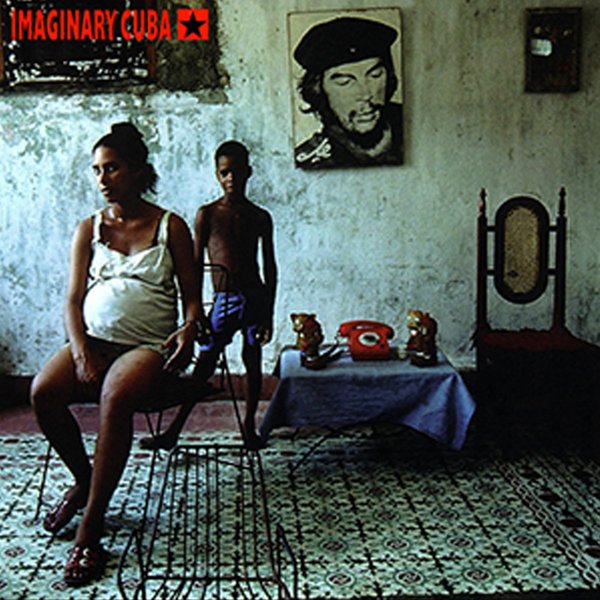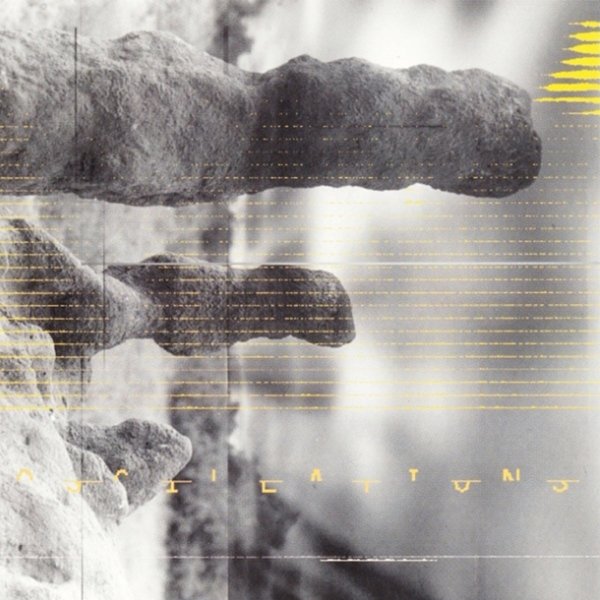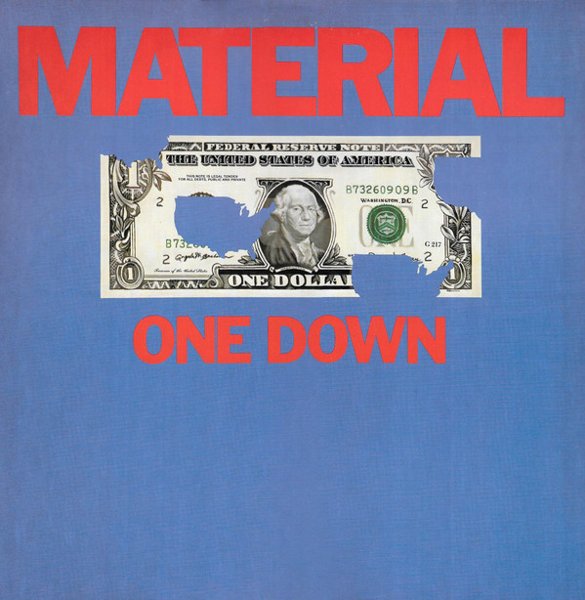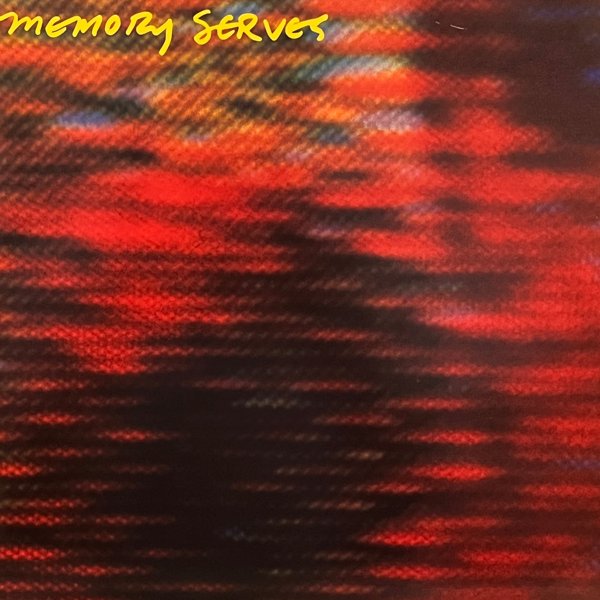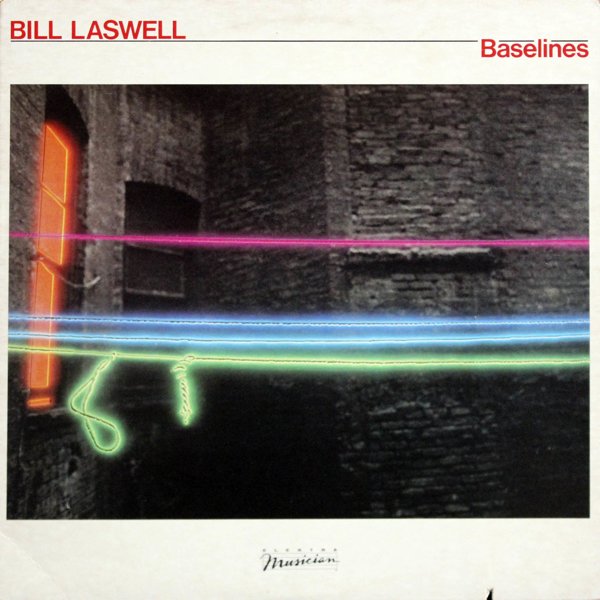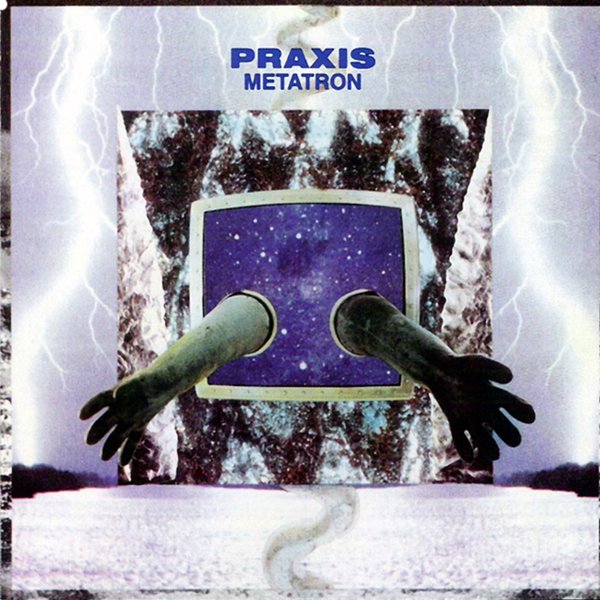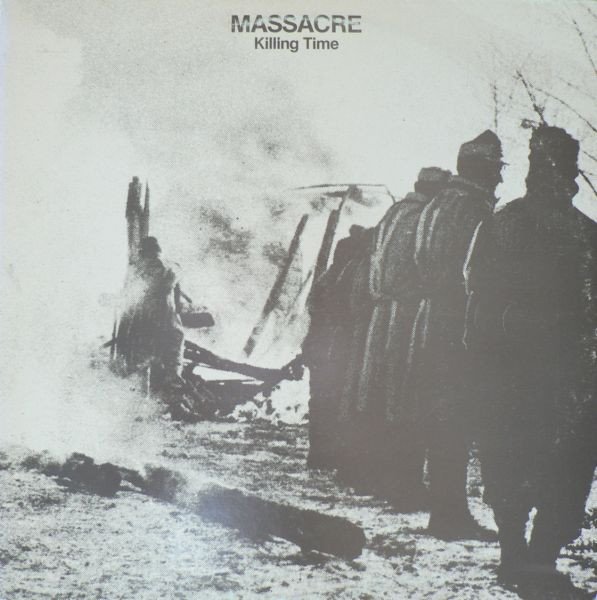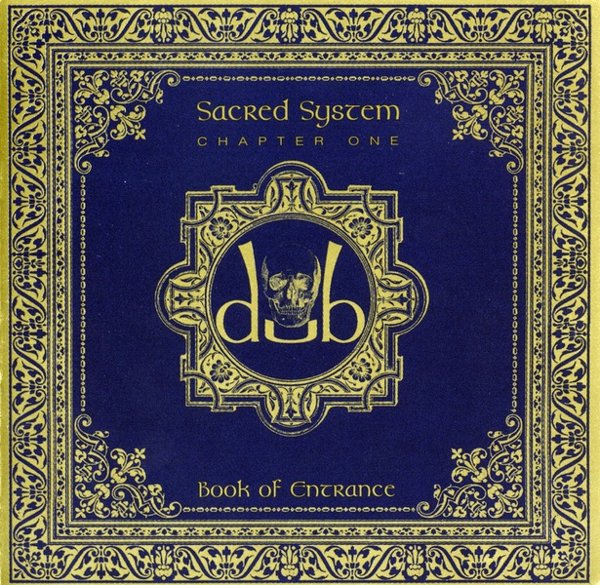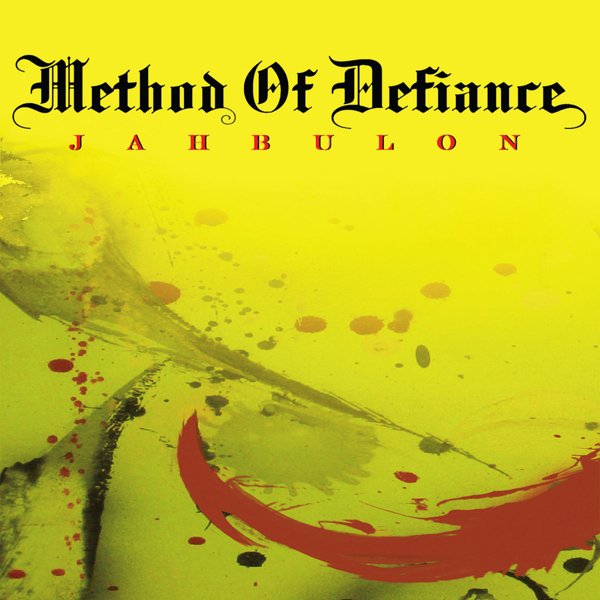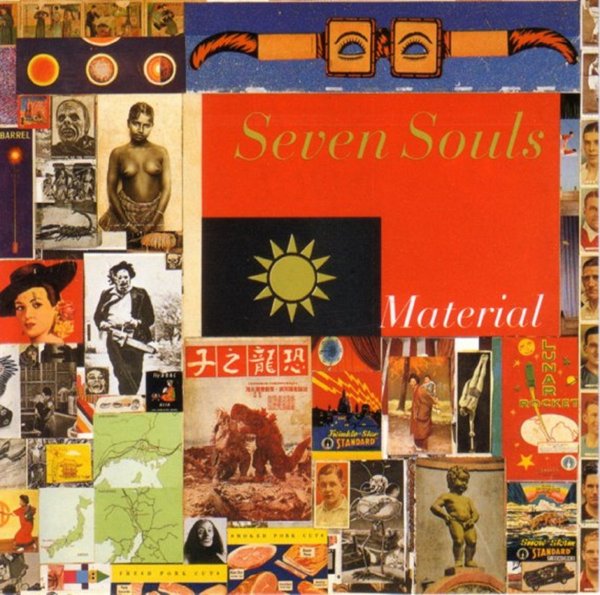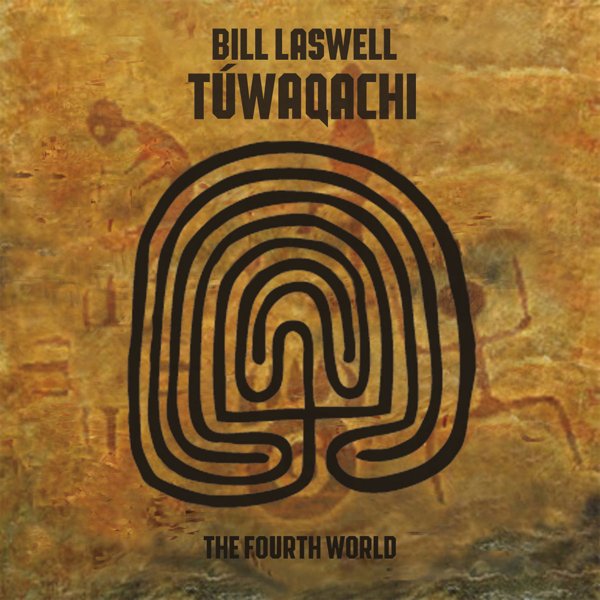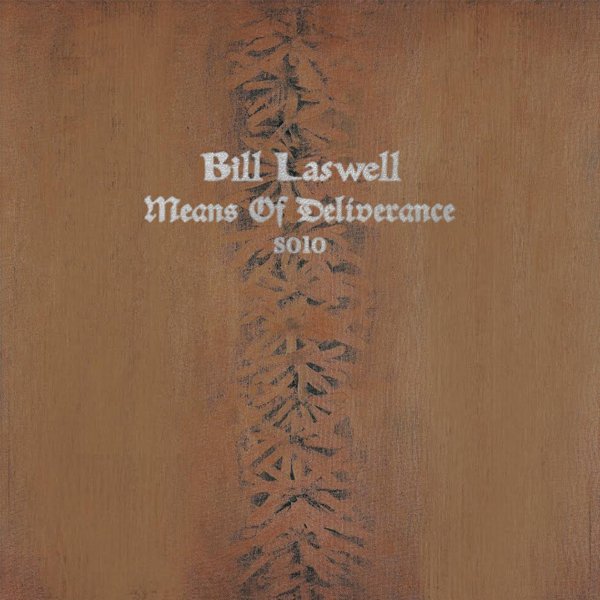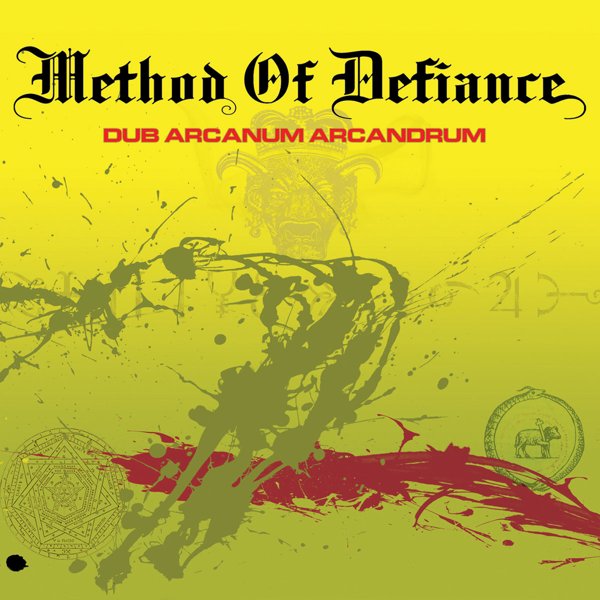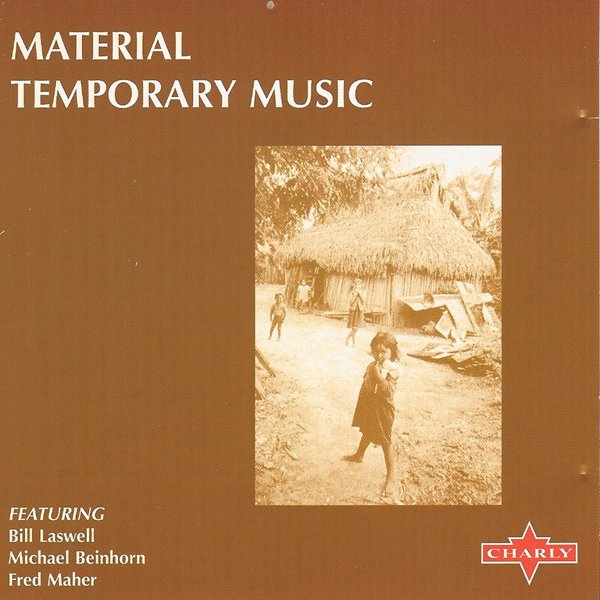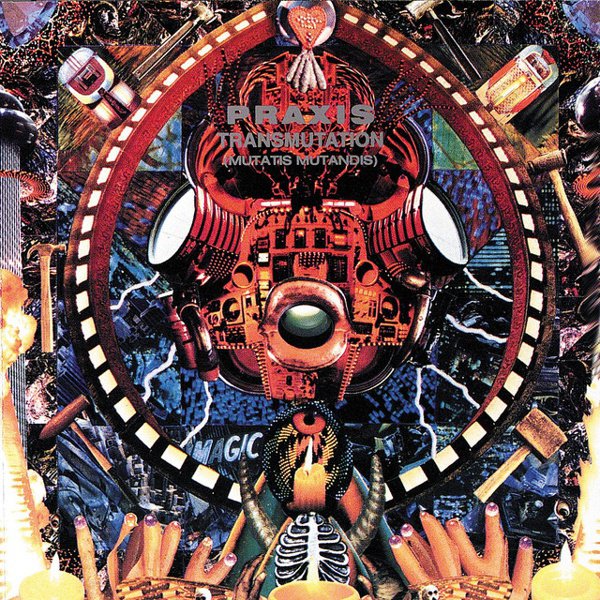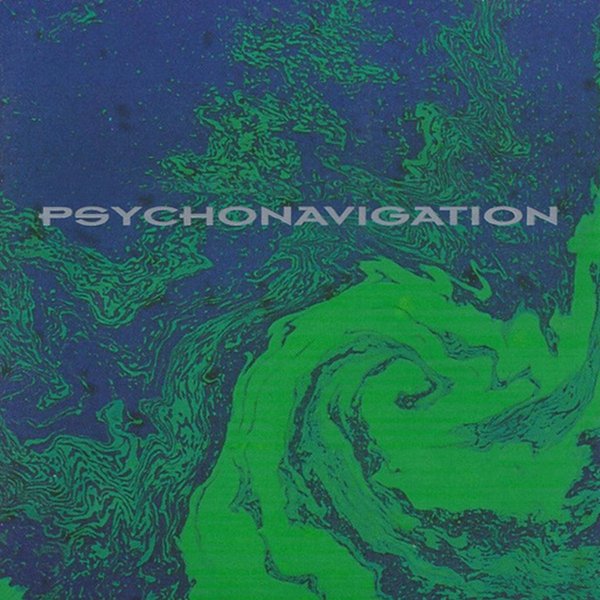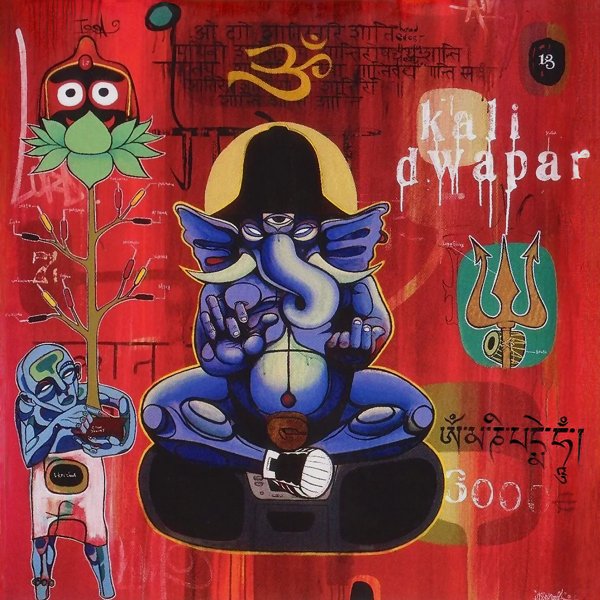Trying to summarize the musical career of Bill Laswell in under 300 pages is a daunting task. A formidable bass player and prolific, genre-hopping producer, he has participated in literally thousands of recordings and singlehandedly changed the landscape of popular music.
Laswell was born in Illinois, but when he was six years old his family settled in the small Michigan town of Albion. By the time he reached adolescence he was regularly venturing far from home in pursuit of musical experience, and before long he was playing bass in funk and R&B bands on the midwestern club circuit. While in his twenties he relocated to New York City, and soon established himself as a mainstay of the downtown avant-garde scene that flourished in the late 1970s and early 1980s. With keyboardist Michael Beinhorn and drummer Fred Maher he formed an initial version of Material, an avant-funk band that would eventually become a constantly-changing musical project that swirled around Laswell as the only constant member. (In the early 1990s he would found the more rockish Praxis on similar terms, though that band’s membership revolved around guitarist Brian “Buckethead” Carroll and drummer Bryan “Brain” Mantia in addition to Laswell.)
From the late 1970s through the 1990s Laswell served as a member of such disparate ensembles as avant-rock power trio Massacre, free-jazz skronk terrorists Last Exit, South Asian fusioneers Tabla Beat Science, leftwing pop ensemble the Golden Palominos, and the underrated Afro-industrial outfit Deadline, among others. During the 1990s and into the 2000s he also teamed up with artists across a wide variety of genres to make dozens of duo albums – notable among them his Outland and Psychonavigation series with ambient synthesist Pete Namlook and many collaborations with avant-garde musicians from Japan, including Yasuhiro Yoshigaki, Hoppy Kamiyama, and the great trumpeter Toshinori Kondo. With his wife, the singer Ejigayehu Shibabaw (a.k.a. Gigi), Laswell has also produced several albums of electro-influenced Ethiopian pop music. During this period Laswell founded several record labels, including Axiom, Subharmonic, Meta/Submeta, Black Arc, and Innerhythmic.
While fans of New York’s No Wave and avant-garde scenes have always held Laswell in high regard as a bassist, the wider world has experienced his work more often through his role as a producer – and the casual observer could be forgiven for wondering if any albums released between the mid-1980s and the early 2000s were actually produced by anyone other than Laswell. Though credited coyly as “Material,” Laswell was the coproducer of Herbie Hancock’s Future Shock album, which yielded the monster MTV hit “Rockit.” (He also coproduced Hancock’s follow-up albums Sound System and Perfect Machine.) He produced Public Image Ltd’s Album and Mick Jagger’s She’s the Boss, as well as Motörhead’s Orgasmatron and Maceo Parker’s For All the King’s Men. Bands and artists as disparate as Blind Idiot God, Ronald Shannon Jackson, the Ramones, Swans, Simon Shaheen, Mephiskapheles, and Icehouse have all called on his skills as a producer and/or mixer over the years.
Health and financial problems slowed his output somewhat in the late 2010s and early 2020s, but Laswell continues to exert a deep influence on the world of forward-thinking beat-based music and has had a significant impact on several generations of similarly inclined musical adventurers.

